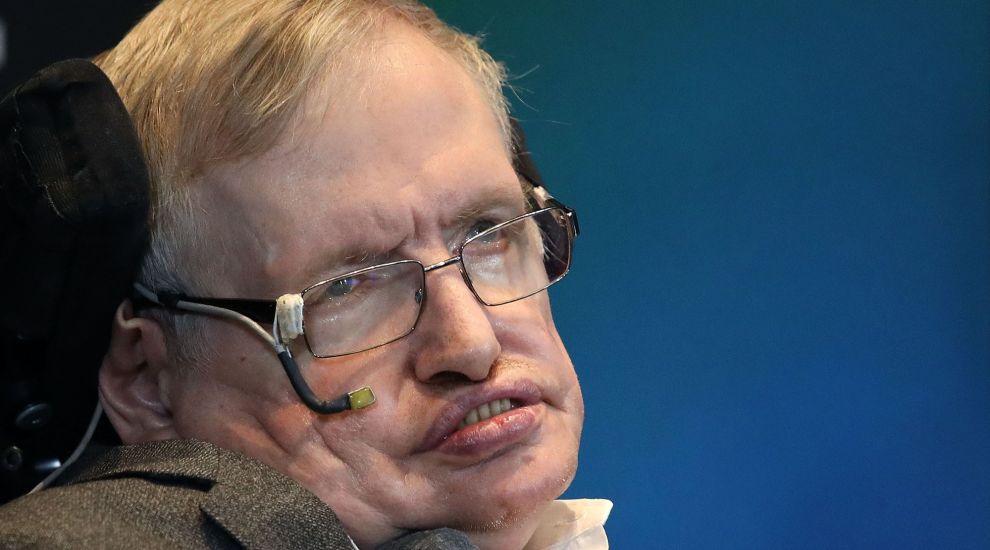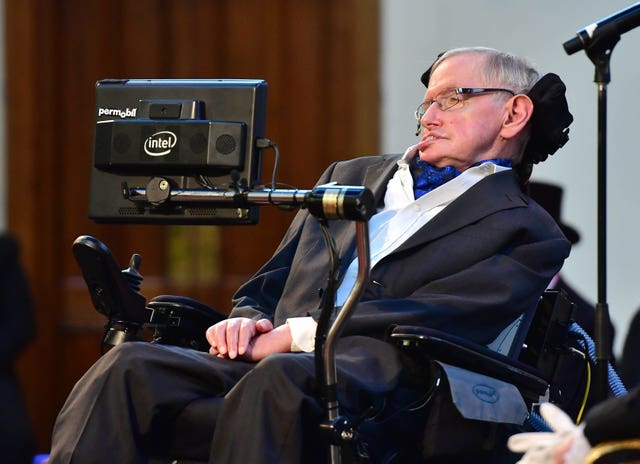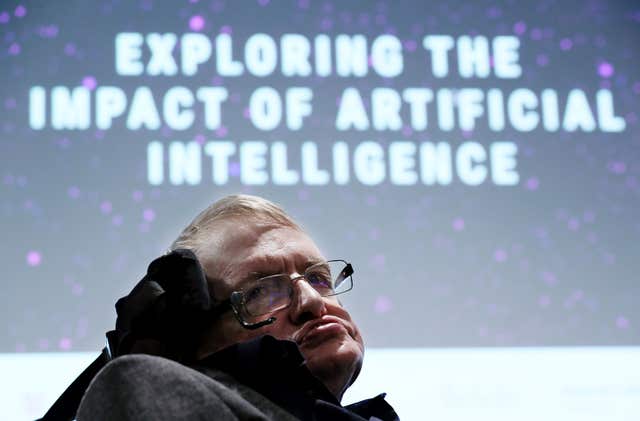
Stephen Hawking has voiced concerns that super-smart artificial intelligence (AI) could eventually replace humanity.
He fears that someone will create technology which will continuously improve itself until it is superior to people.

“I fear that AI may replace humans altogether,” he said in an interview with Wired magazine and reported by the Cambridge News.
“If people design computer viruses, someone will design AI that improves and replicates itself. This will be a new form of life that outperforms humans.”
It’s not the first time he has spoken out about caution around the future of AI.
In October 2016, Hawking issued a similar warning at the launch of The Leverhulme Centre for the Future of Intelligence, where research will explore the implications of the rapid development of artificial intelligence.
At the time he said: “I believe there is no deep difference between what can be achieved by a biological brain and what can be achieved by a computer.
“It therefore follows that computers can, in theory, emulate human intelligence – and exceed it.”
He added: “In short, success in creating AI could be the biggest event in the history of our civilisation.
“But it could also be the last unless we learn how to avoid the risks.
“Alongside the benefits, AI will also bring dangers, like powerful autonomous weapons, or new ways for the few to oppress the many.

“It will bring great disruption to our economy. And in the future, AI could develop a will of its own – a will that is in conflict with ours.
“In short, the rise of powerful AI will be either the best, or the worst thing, ever to happen to humanity. We do not know which.”
It was his concern about the emergence of a dominant AI, shared by others, which led to the creation of the centre.
Others cautious about the rise of AI include SpaceX founder Elon Musk who has previously described it as mankind’s “biggest existential threat”.
If you're not concerned about AI safety, you should be. Vastly more risk than North Korea. pic.twitter.com/2z0tiid0lc
— Elon Musk (@elonmusk) August 12, 2017
He was one of 100 experts to sign a letter to the United Nations warning them of the deadly potential of robotics.